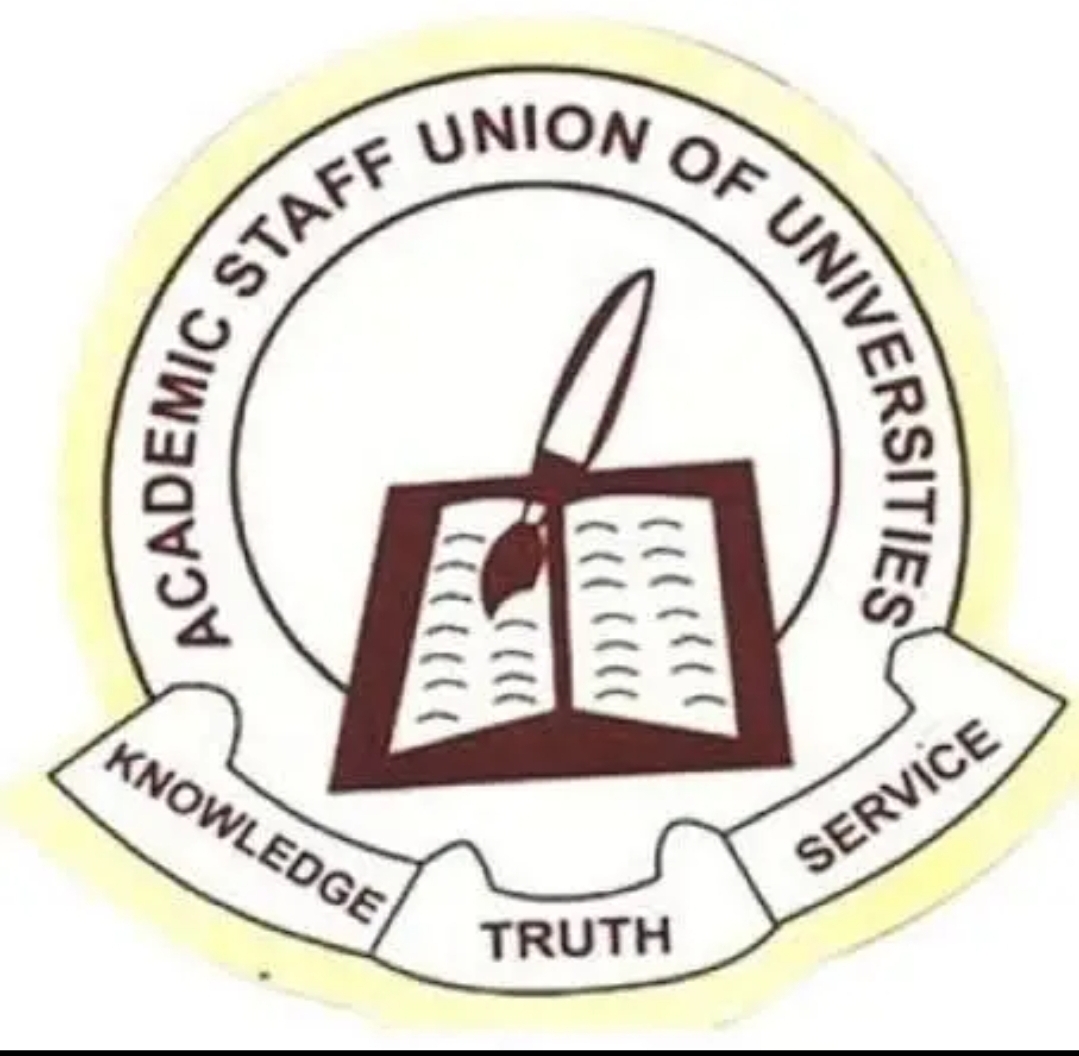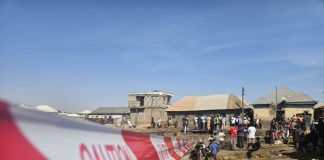In a bold display of creativity and problem-solving, students of the University of Jos (UNIJOS) have stepped forward with cutting-edge solutions to address pressing challenges in security, energy, transportation, and environmental sustainability on campus.
The groundbreaking ideas were unveiled during a dynamic presentation event, “Campus Creators: Beyond Student Activism – The Role of Students in Creating Shared Value and Sustainable Growth,” organized by the university’s Directorate of Student Affairs. Held at the Faculty of Management Sciences Auditorium, the event showcased student-led innovations designed to propel UNIJOS toward a safer, greener, and more efficient future.
Professor Chris Piwuna, Dean of Student Affairs, could hardly contain his pride as he addressed the audience. “This is a proud moment for me,” he declared. “These students have demonstrated exceptional leadership by identifying problems, brainstorming solutions, and crafting actionable plans from start to finish.”
He particularly praised their compassion, citing one student’s development of a tool to assist visually impaired peers—a testament to the blend of ingenuity and empathy driving their projects. “They are intelligent, creative, and humane,” Piwuna emphasized. “They can hold their heads high anywhere in the world.”
One standout presentation came from Marvelous, a 300-level Computer Science student, who proposed a Radio Frequency Identification (RFID) system to enhance campus security. His solution? Issuing unique RFID cards to students and staff, linked to their matriculation or staff numbers for real-time verification.
“Unlike biometrics, RFID is 40% more cost-effective and processes entries in just 0.3 seconds—far quicker than fingerprint systems,” Marvelous explained. His proposal caught the attention of university officials, with the Vice-Chancellor, Professor Ishaya Tanko (represented by Deputy VC Academics, Prof. Rahila Gowon), requesting further details for potential implementation.
Beyond security, students presented ambitious plans for renewable energy adoption, efficient waste recycling systems, and eco-friendly transportation alternatives. Their proposals included investments in solar energy, improved recycling infrastructure, and smart mobility solutions to reduce the university’s carbon footprint.
Impressed by the presentations, the Vice-Chancellor announced plans to reintroduce faculty, departmental, and Senate research grants to nurture such innovations. Marvelous was specifically asked to submit a budget for his RFID project, signaling the administration’s readiness to turn ideas into reality.
The event also featured inspiring remarks from notable figures, including Samuel Dapyan (DG, PEPSA), activist Omoyele Sowore, and Dr. Salamatu Fada (University of Jos/University of Bangkok), who joined via Zoom. Their messages reinforced the importance of student contributions in shaping institutional progress.
With these proposals now on the table, the University of Jos stands at the cusp of transformation—fueled not by external consultants, but by its own students. As Prof. Piwuna put it, “This initiative excites me more than any other. These students are poised to elevate UNIJOS to new heights.”
One thing is clear: when given the platform, UNIJOS students don’t just identify problems—they engineer the solutions.
Will UNIJOS become a model for student-driven transformation? With these ideas, the answer looks like a resounding yes.







